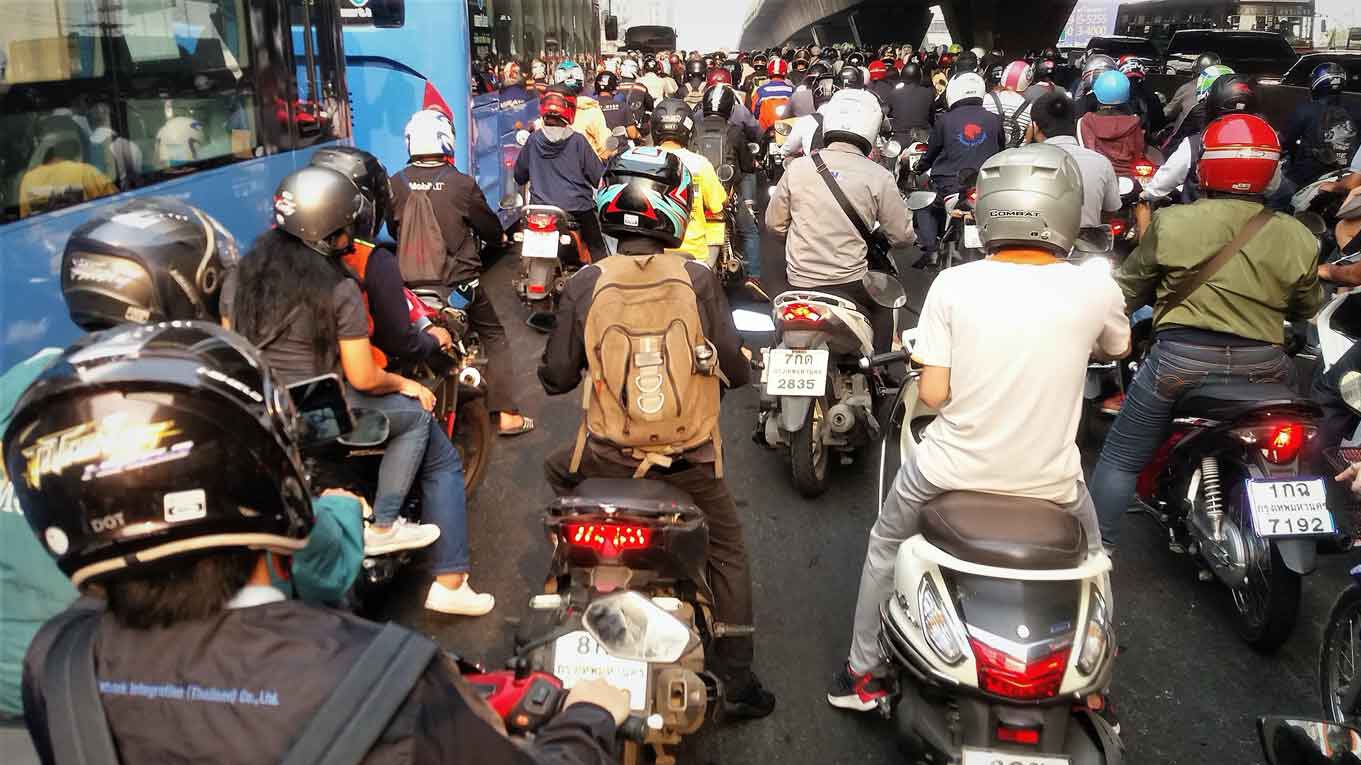UN-Habitat joins the Plastic Initiative
UN Habitat, headquartered in Nairobi, is the latest organization to join the Plastic Initiative, which was launched by UNESCO, in Hanoi, March 2019. The consortium consist now of UNESCO, SEAMEO, AIT, UN ESCAP & UN Habitat. More relevant UN agencies and major nature conservation bodies have been informed and invited to join. The UN-Habitat Urban Basic Services Section sent a reply letter to UNESCO announcing it would join the ‘Plastic Initiative’ as well as the ‘UNESCO Green Academies’ initiative, which is currently under discussion to become an inter-regional initiative. UNESCO welcomes UN Habitat’s positive move, since it requires a concerted action to generate positive impact and improved behaviour concerning plastic production and consumption, as well as to apply environmental best practices per se. No agency can do this alone. It needs the capacity and comparative advantages of multiple partners to improve the catastrophic plastic pollution situation in all regions of the world
UN Habitat and UNESCO supported the World Urban Forum in Abu Dhabi. They agreed that it is high time to turn from rhetoric to much more action. Covid-19 is an acute global crisis. It will remain for some time. It urges us to reflect on all the other existing crises that are threating our common human life support system. Multiple crises will remain once Covid-19 has faded out. We have to take action now in the best interest of our future. UNESCO’s Assistant Director General of the Natural Sciences Sector, Dr. Shamila Nair-Bedouelle, suggests that it is time for a global coalition with nature (May 2020). In other words: ‘Sustainability has to be the new normal’ (Henning Schwarze, World Science Day, Bangkok, November 2019) – we can no longer afford to continue with the unbridled exploitation of natural resources.
Humanity is currently exposed to a whole set of real existing multiple environmental crisis that are going on in parallel, and that are inter-connected, such as Covid-19, the Climate Change Crisis, the Biodiversity Loss Crisis, the Pollution Crisis, and a new economic crisis. In addition, we have major globally relevant issues related to clean water, clean air, and food-security. It is not surprising that the world youth expressed their concerns powerfully in 2019, pointing out at the cumulative adverse impacts of climate change on humanity and expressing their fear of the future. The only surprise is that that did not happen much sooner, because all these crises are already known since decades. Only Covid-19 is new (even though with well-known similarities when compared with relatives, including HIV, MERS, SARS, and Ebola).
UN-Habitat’s Waste Wise Cities [download leaflet] (WWC), is one of the important calls for action. It calls on cities and local governments to improve solid waste management, by establishing circular business models that create job opportunities and enhance resources’ recovery. WWC is based on 4 action’s areas:
- waste data and monitoring
- best practice and knowledge sharing
- advocacy and education
- project finance and bankability
Dr. Andre Dzikus, Chief of the Urban Basic Services Section, remarked that ‘Collaborating and meeting between UNESCO and UN Habitat in Abu Dhabi represented an opportunity to further discuss potential collaborations and joint activities that will contribute to the achievement of the Sustainable Development Goals. UNESCO’s initiatives such as ‘The Plastic Initiative’ and the ‘UNESCO Green Academies’ undoubtedly contribute to positive impacts on human settlements and human living with regard to solid waste management challenges. Both UNESCO initiatives share common goals and ambitions with UN-Habitat’s WWC and its educational element, Waste Wise Education Programme.’
Text & image: Dr. Benno Böer, Chief of the Natural Sciences Sector, UNESCO Bangkok, b.boer@unesco.org


